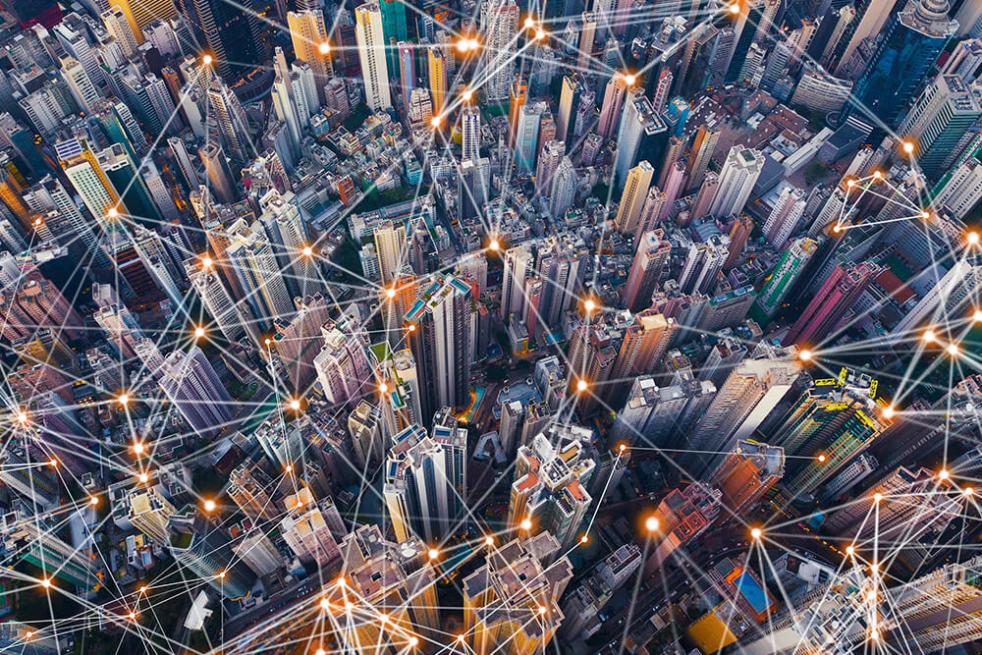Can Artificial Intelligence Transform Cities into Smart Cities?
Artificial intelligence (AI) is a rapidly developing field that has the potential to revolutionize many aspects of our lives. From self-driving cars to facial recognition software, AI is already having a major impact on our world. And it's only going to become more prevalent in the years to come.

One area where AI is expected to have a significant impact is in the development of smart cities. A smart city is a city that uses technology to improve the efficiency, sustainability, and quality of life for its residents. AI can be used to create smart cities in a number of ways.
Benefits Of Using AI To Create Smart Cities
- Improved Efficiency: AI can be used to optimize traffic flow, reducing congestion and pollution. It can also be used to create more efficient public transportation systems and smart grids that balance energy supply and demand.
- Increased Sustainability: AI can be used to create waste management systems that reduce waste and increase recycling. It can also be used to create smart buildings that optimize energy consumption and reduce carbon emissions.
- Improved Quality of Life: AI can be used to create healthcare systems that provide personalized and proactive care. It can also be used to create education systems that personalize learning and improve student outcomes. Additionally, AI can be used to create public safety systems that prevent crime and improve response times.
Challenges And Limitations
While AI has the potential to transform cities into smart cities, there are also a number of challenges and limitations that need to be addressed. These include:
- Concerns about Privacy and Data Security: AI systems rely on data to learn and make decisions. This data can include personal information, such as our location, our spending habits, and our health records. There are concerns that this data could be used to track and monitor us without our consent.
- The Need for Investment in Infrastructure and Technology: Creating smart cities requires a significant investment in infrastructure and technology. This can be a challenge for cities that are already struggling to meet their current needs.
- The Digital Divide: Not everyone has access to the internet or the devices needed to use AI-powered services. This could create a digital divide, where only those who can afford these technologies are able to benefit from them.
The Future Of AI And Smart Cities
Despite these challenges, the potential benefits of AI for smart cities are enormous. As AI continues to develop, we can expect to see even more innovative and creative ways to use this technology to improve our lives.

The future of AI and smart cities is bright. With careful planning and implementation, AI can be used to create cities that are more efficient, sustainable, and livable for everyone.
Call To Action
If you're interested in learning more about AI and smart cities, there are a number of resources available online. You can also find information about policies that promote the development of smart cities.
By getting involved, you can help to ensure that AI is used responsibly and ethically to create smart cities that benefit everyone.
YesNo

Leave a Reply